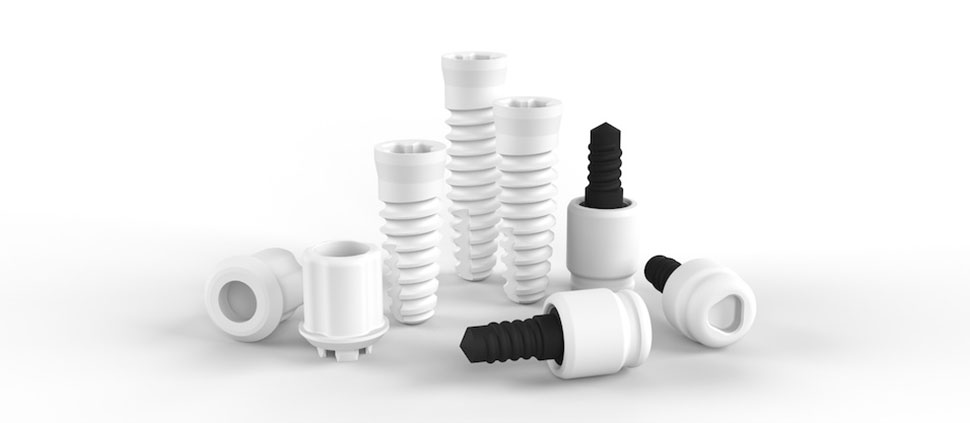During this dental procedure, the inflamed or infected pulp is removed and the inside of the tooth is carefully cleaned and disinfected, then filled and sealed with a sterile rubber filling in its place in your root canal to prevent pain and infection.
Inside your tooth, under the white enamel and dentin, is a pulp tissue. This tissue contains blood vessels, nerves and connective tissue, which help grow the root of your tooth during its development. A fully-developed tooth can survive without the pulp because the tooth continues to be nourished by the tissues surrounding it.
The pulp, or soft tissues in your natural tooth, is made up of nerves and blood vessels. It can become irreversibly diseased from deep decay or injury. This can often cause severe pain and lead to infection if untreated.














